Last month, the ICO released their new data protection fining guidance.
The team at Amicis Group have reviewed the article and highlighted the salient points which those responsible for managing risk in a small business must be mindful of.
The ICO’s guidance underscores the importance of prioritising data protection within small businesses. While large corporations often have dedicated teams and resources for compliance, smaller enterprises may lack the same level of expertise and infrastructure. However, this does not exempt them from adhering to data protection laws.
Key points from the guidance include:
- Understanding the Legal Framework: Small business owners and risk managers must familiarise themselves with relevant data protection legislation, such as the General Data Protection Regulations (GDPR) which became enforceable in May 2018. Ignorance of these laws is not a defence in the event of a data breach.
- Assessing Risks: Conducting regular risk assessments is essential for identifying potential vulnerabilities in data handling processes. Small businesses should consider the types of data they collect, how it is stored and processed, and the potential impact of a security breach on both the organisation and its customers.
- Implementing Security Measures: Proactive measures should be taken to secure sensitive data and minimise the risk of unauthorised access or disclosure. This may include encryption, access controls, regular software updates, and employee training on data protection best practices.
- Responding to Data Breaches: Despite preventive measures, data breaches can still occur. Small businesses must have robust incident response plans in place to minimise the damage and comply with reporting requirements. Timely communication with affected individuals and cooperation with regulatory authorities are essential steps in mitigating the fallout from a breach.
- Cooperation with Regulatory Authorities: In the event of a data protection investigation, small businesses should cooperate fully with regulatory authorities like the ICO. This includes providing requested information, implementing remedial measures, and demonstrating a commitment to compliance.
- Understanding Fines: The ICO has the authority to impose fines for serious breaches of data protection laws. Fines can vary depending on the severity of the violation, the impact on individuals’ rights, and the organisation’s cooperation with the investigation. Small businesses should be aware of the potential financial consequences of non-compliance and take proactive steps to avoid penalties.
In conclusion, data protection is not just a concern for large corporations – it is equally important for small businesses. By following the ICO’s guidance and implementing robust data protection measures, small business owners and risk managers can minimise the risk of breaches, protect sensitive information, and demonstrate a commitment to compliance with data protection laws. Prioritising data protection is not only a legal requirement but also essential for maintaining trust and reputation with customers in an increasingly data-driven world.
If you are unsure about where to start when addressing mitigation against and resilience to threats to your data protection, reach out to the Amicis Group team at hello@amicisgroup.co.uk or book a call with one of our team here and learn more about how we’re helping individuals facing similar situations to yourself navigate these challenging situations.
The full ICO report can be found here https://ico.org.uk/media/about-the-ico/our-information/policies-and-procedures/data-protection-fining-guidance-0-1.pdf

hey there and thank you for your info – I have
certainly picked up something new from right
here. I did however expertise several technical issues using this web
site, since I experienced to reload the website lots of times previous to I
could get it to load properly. I had been wondering if your web host is OK?
Not that I’m complaining, but slow loading instances times will sometimes affect your
placement in google and can damage your high quality score if ads and
marketing with Adwords. Well I am adding this RSS to my email and can look out for much more
of your respective interesting content. Make sure you update this again very soon..
Lista escape room
I was looking at some of your posts on this internet site and
I believe this site is very instructive! Keep on putting up.!